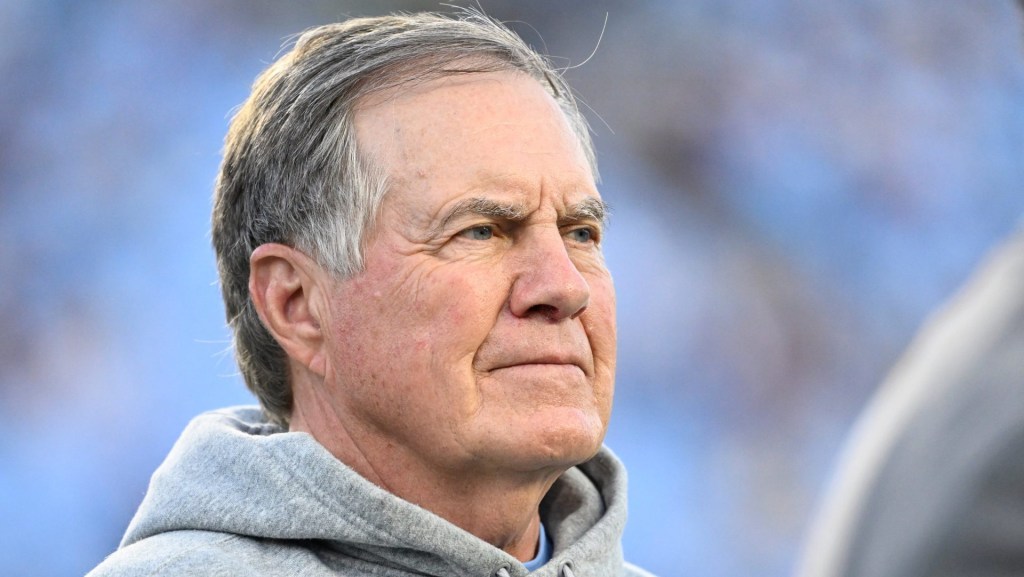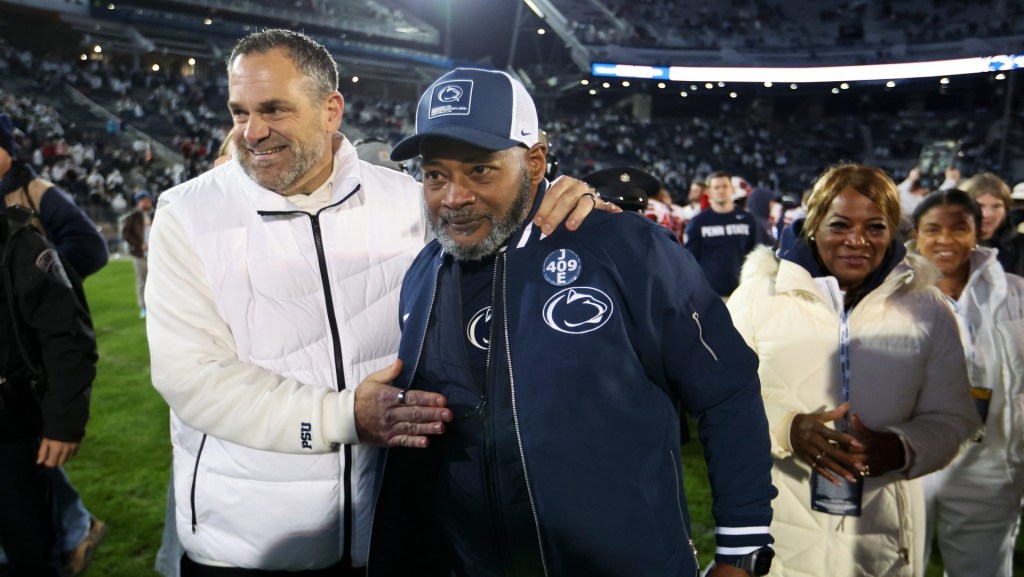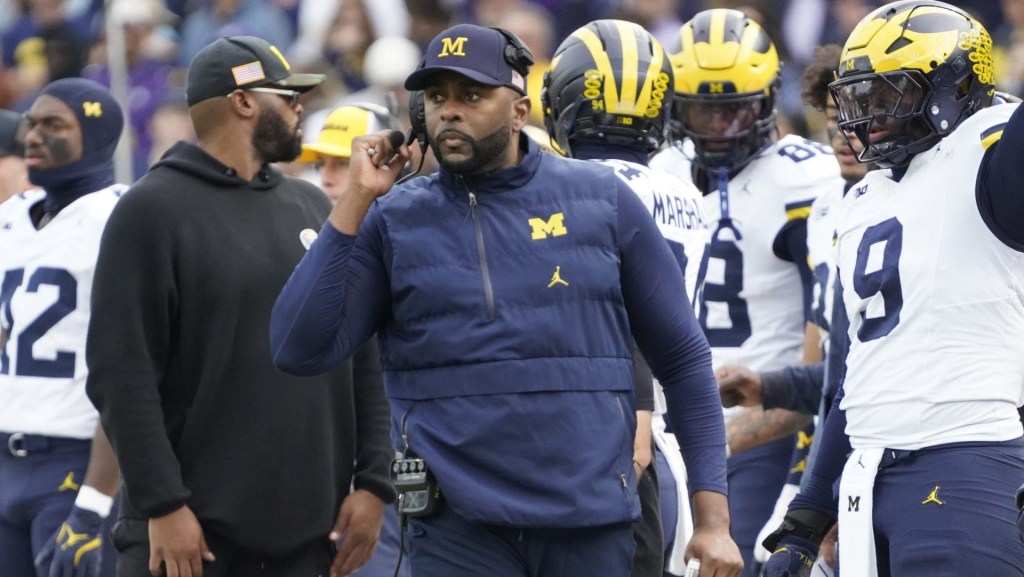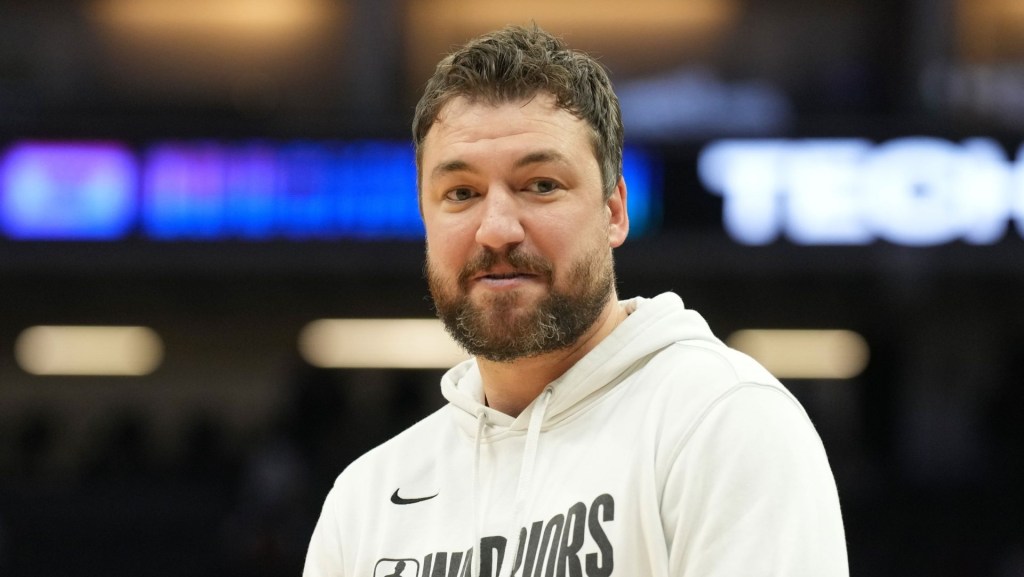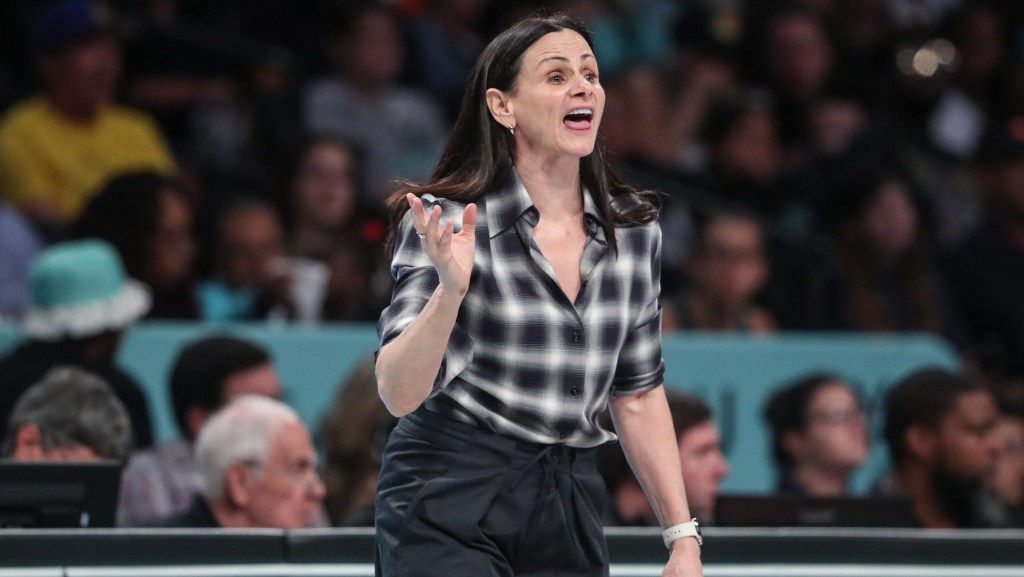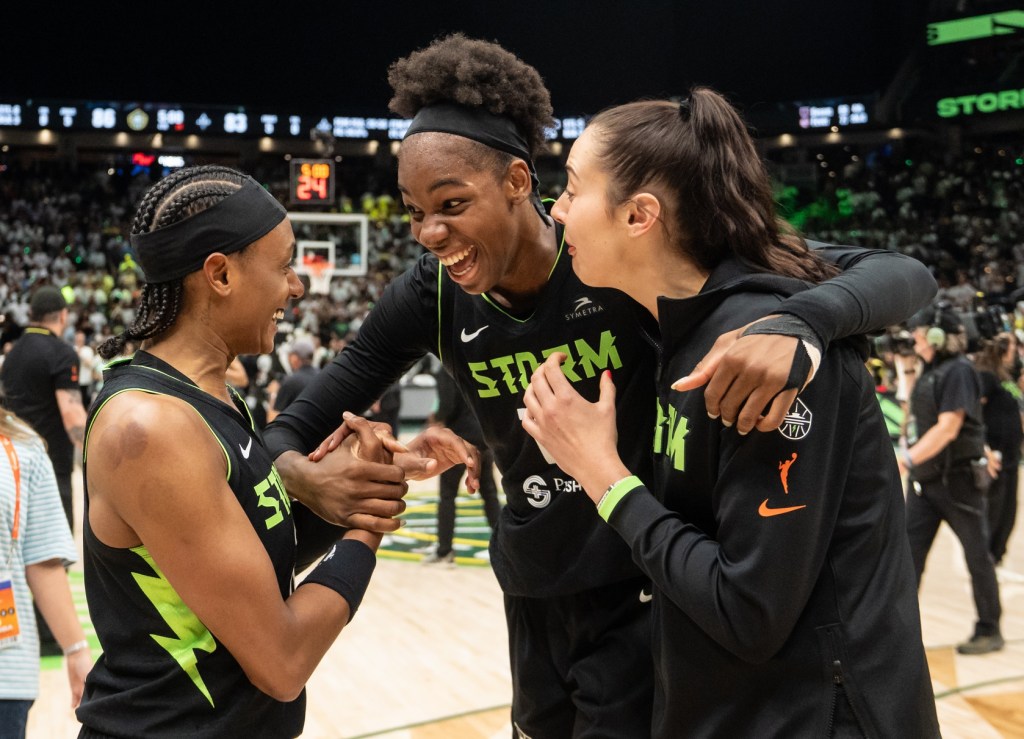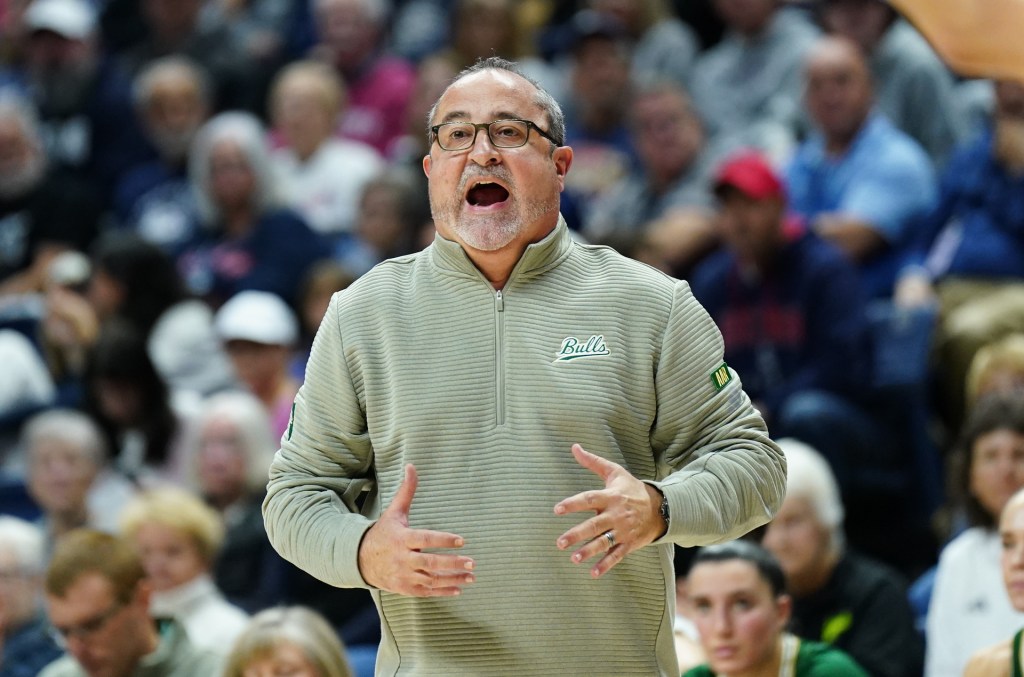Robert Saleh’s Oct. 8 firing five games into his fourth season as head coach of the Jets created the first vacancy in the current hiring cycle.
It was around that time agents who represent prospective coaching and front office candidates began to forecast what other openings could come available before and even after last week’s Black Monday. Mike Vrabel’s hire as head coach of the Patriots was the first slot filled as firings or teams not renewing existing coaches have created six openings: Bears, Raiders, Jaguars, Jets, Saints, and Cowboys.
“There have been a lot of the talks behind the scenes for two or three months,” one agent who represents coaches and executives told Front Office Sports. “You’re certainly trying to position your guys to get into that interview room—and a lot of that has already taken place.”
Teams have been able to request interviews with coaches under contract with other NFL teams since Jan. 6. No in-person interviews for currently employed coaches are allowed until after this weekend’s divisional playoff round is completed with all interviews, so far, conducted virtually. The Patriots hired Vrabel after the team satisfied the Rooney Rule requirement to interview two coaches from diverse backgrounds by conducting in-person interviews with Byron Leftwich and Pep Hamilton, neither of whom are currently employed by an NFL team, last week.
Interview Prep
While an agent’s relationship with team presidents, GMs, and owners can be a factor in who the team interviews in some cases, it really comes down to how the candidates perform in interviews.
“It’s all in the prep work,” says Joel Corry, a CBS Sports writer and former agent. “You aren’t going to necessarily convince someone to hire someone. The coach has to go in and be impressive in the interview, and if they don’t do that, they are not going to get the job. A coach can come in on paper looking great, but if he bombs the interview, it’s not going to happen.”
It’s a particularly delicate situation when a prospective coach is new to the interview process.
“He probably hasn’t thought about everything that might go into an interview in terms of who he’s going to hire for his staff and what his vision for the team will be,” Corry says. “A coach has to know at least an overview of the team’s existing personnel, so he has to speak intelligently about what they do and don’t want to do if they get the job.”
Doug Pederson, who was one of the Black Monday head-coach firings after three seasons with the Jaguars, detailed his interview with Eagles owner Jeffrey Lurie and GM Howie Roseman before he was offered his first head-coach position in 2016.
“I’ll never forget the last thing they asked me to do,” Pederson wrote in his 2018 book, Fearless (via Sports Illustrated). “Howie said, ‘We’re going to leave the room for 10 minutes. When we come back, we will sit on the sofa over there and would like you to make a presentation. Act like we are your new team, your new players and this is your first team meeting in the spring. Tell us what you would say to the team.’ So they exited the room and I grabbed my notepad and I jotted down my thoughts.”
Pederson gave the presentation and didn’t find out he had landed the job until days later when Lurie called his cell—after NFL insiders Ian Rapaport and Adam Schefter reported he had been offered the gig.
Former Packers executive Andrew Brandt was in the room for two head-coach hiring rounds with Green Bay (Mike Sherman in 2000 and Mike McCarthy in 2006). Brandt said personnel composition was the emphasis of both those cycles during the interview processes he was a part of in Green Bay.
“The lead interviewer would be the general manager who would really go through the roster,” says Brandt, a Sports Illustrated columnist and executive director of the Moorad Center for the Study of Sports Law at Villanova University. “How would you play this player? What players do you like or not like? Who would be on your staff? How would you incorporate this kind of offense? How would these players look at that? There were pretty nuts and bolts player personnel-type questions. You want to cover a broad swath after all the interviews and compare it at the end.”
No ‘Fear of Women’ Q’s
Coaching candidates aren’t facing the “gotcha” questions draft prospects often get posed at the combine.
“It’s not like the crazy combine questions,” Corry says. “You are talking about grown people, not some 20- to 22-year-old. You aren’t going to ask a coach, ‘Do you have a fear of women?’ It’s a straightforward process.”
Corry added that coaches who have a strong background in analytics have become more attractive prospects in recent cycles.
“The old-school approach of making decisions by feel or your gut is the minority view these days,” he said. “It’s beneficial if you are data-driven in your decision-making process. If you are interviewing with a team where analytics are used heavily, then you definitely won’t get that job if you’re one of these old-school coaches with some sort of disdain for analytics.”
The Cowboys became the latest team in need of a head coach on Monday when the team and Mike McCarthy couldn’t come to terms on a new deal. McCarthy joined the ranks of top candidates, a pool that also includes Lions OC Ben Johnson, Vikings DC Brian Flores, and Ravens OC Todd Monken. FOS reported earlier this month that Jon Gruden is expected to be a “hot” candidate this cycle as well.
Just as there are typically teams that unexpectedly shift course by letting their existing coach go, there are also coaching candidates who rise to become attractive prospects. This cycle, there’s no better example than Notre Dame’s Marcus Freeman, whom the Bears want to interview, per NFL Network’s Tom Pelissero. If that occurs, it won’t likely come until after Notre Dame plays Ohio State in the College Football Playoff championship game Jan. 20.
How teams with open head-coaching and GM jobs conduct searches varies. The Jets, for example, are using a search firm to help identify coaching candidates. So far, the team confirmed eight interviews, including former Jets coach Rex Ryan.
“Search firms in the NFL are more about communicating with representatives of coaches,” said the agent granted anonymity to speak freely. “They are setting up conversations before interviews. That’s their role. In the end, it’s the team execs and ownership who are making the decisions.”
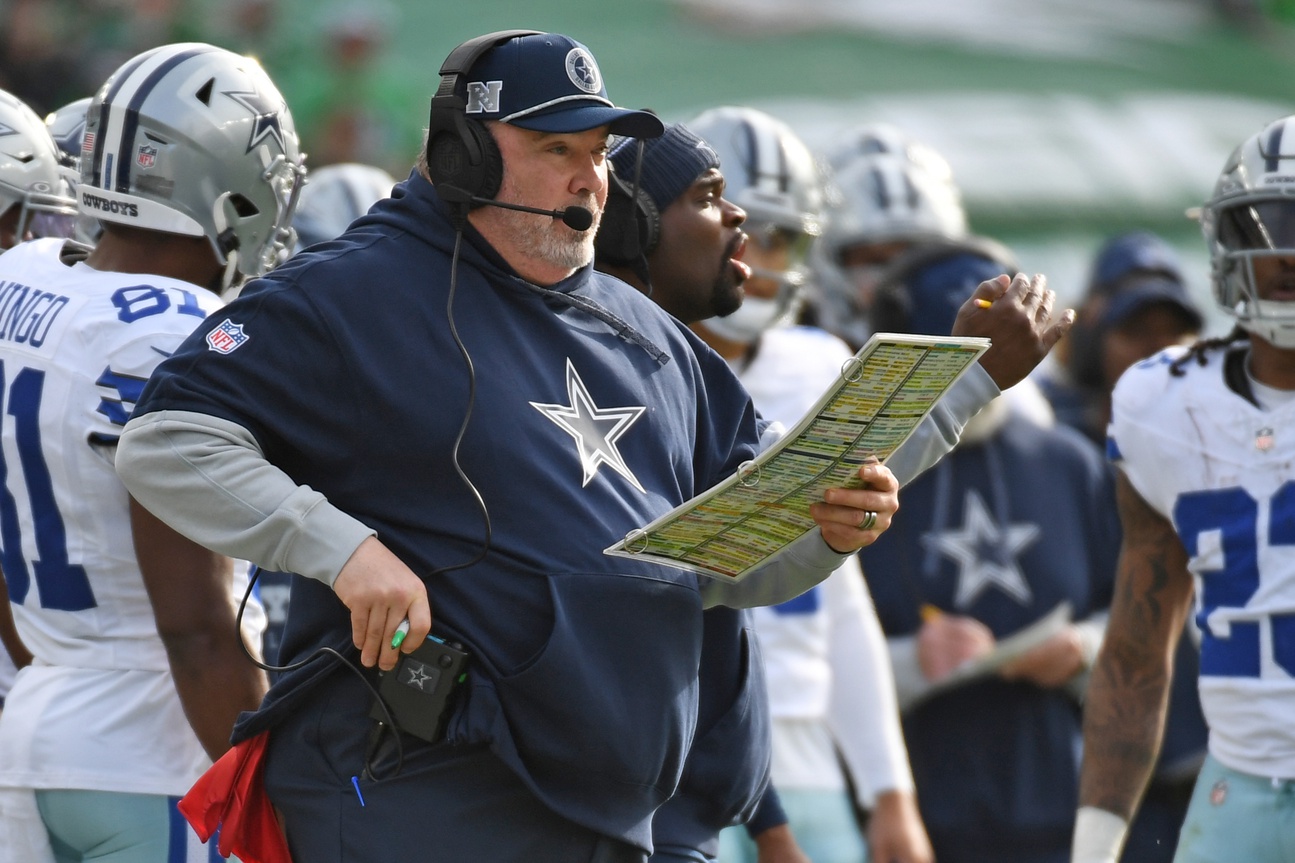
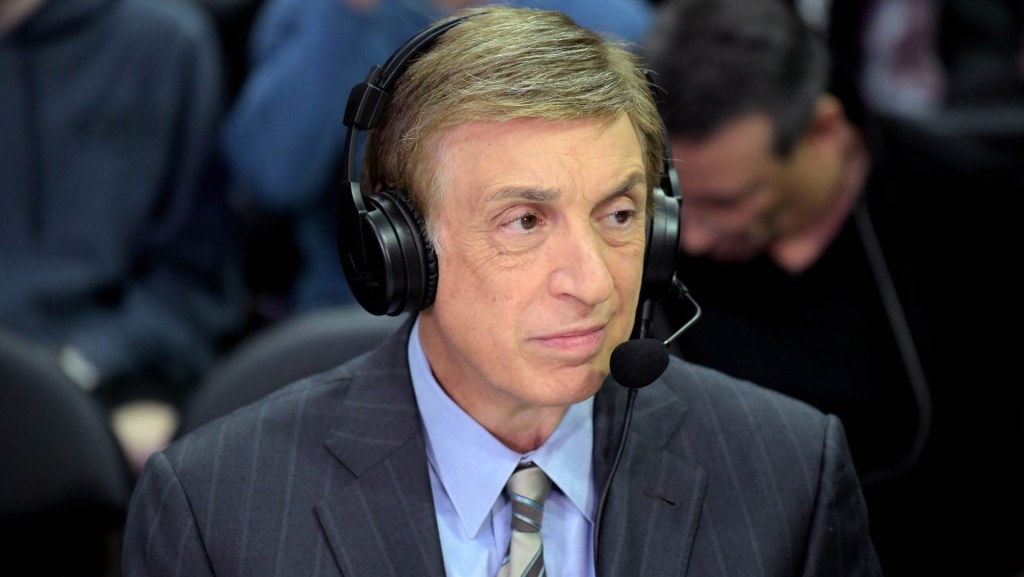
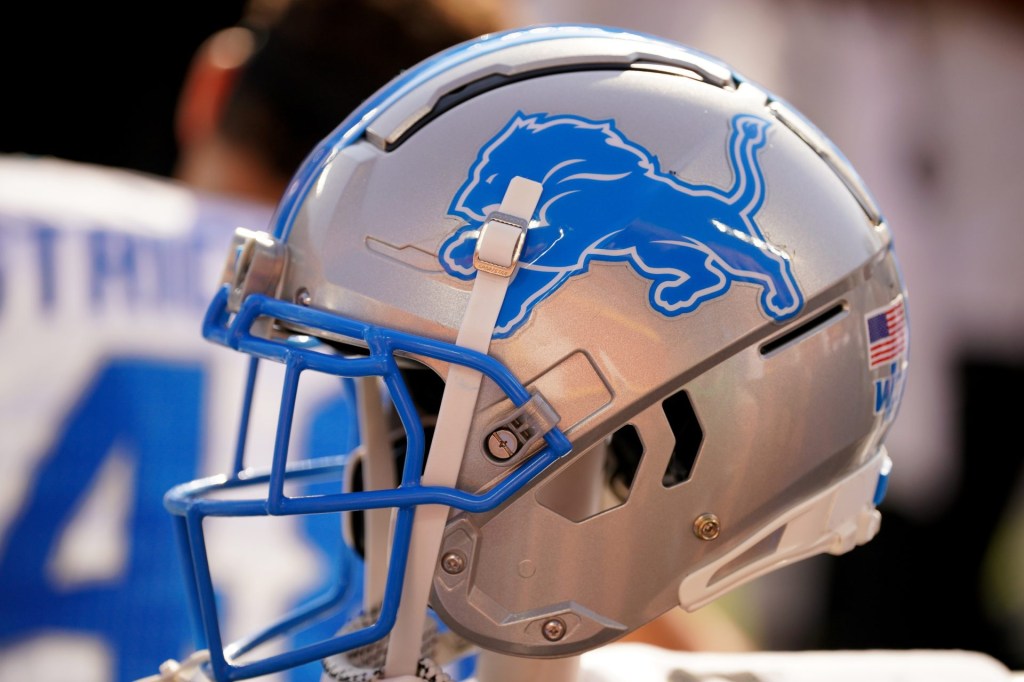
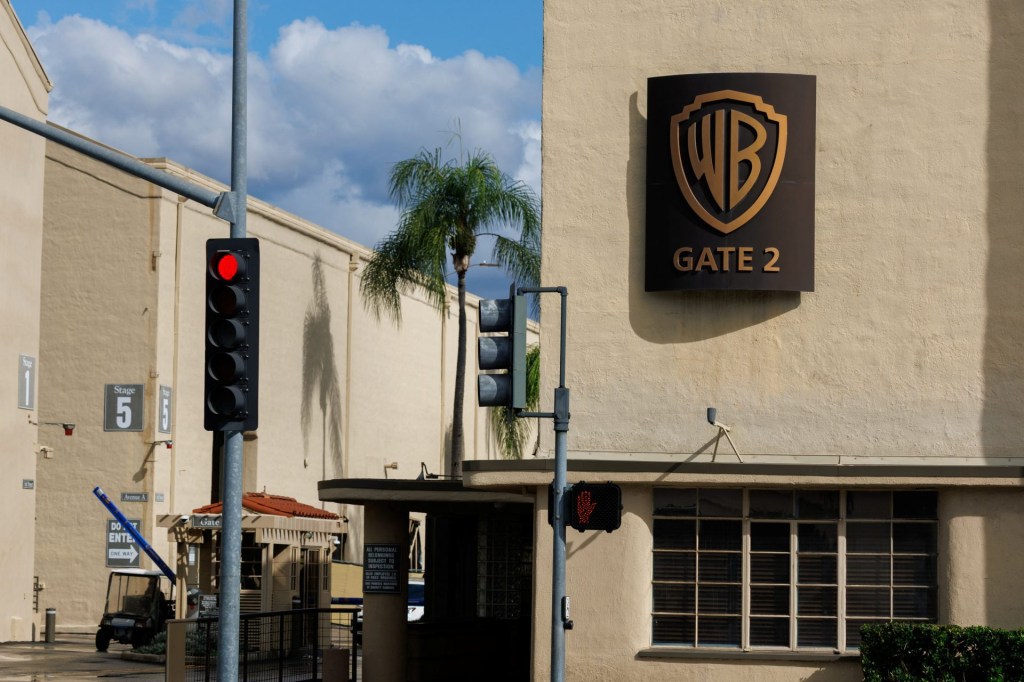
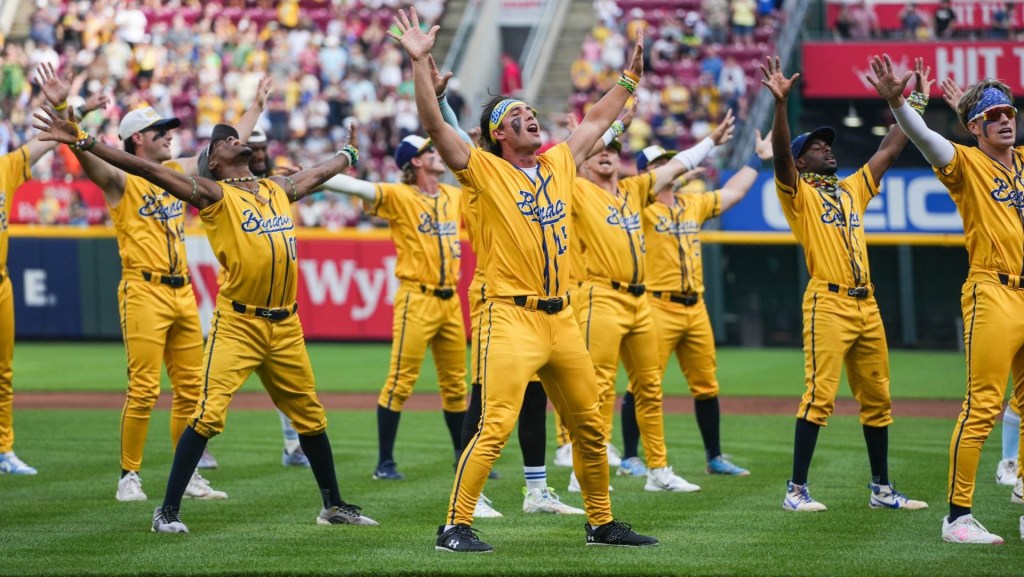
![[Subscription Customers Only] Jul 13, 2025; East Rutherford, New Jersey, USA; Chelsea FC midfielder Cole Palmer (10) celebrates winning the final of the 2025 FIFA Club World Cup at MetLife Stadium](https://frontofficesports.com/wp-content/uploads/2026/02/USATSI_26636703-scaled-e1770932227605.jpg?quality=100&w=1024)



